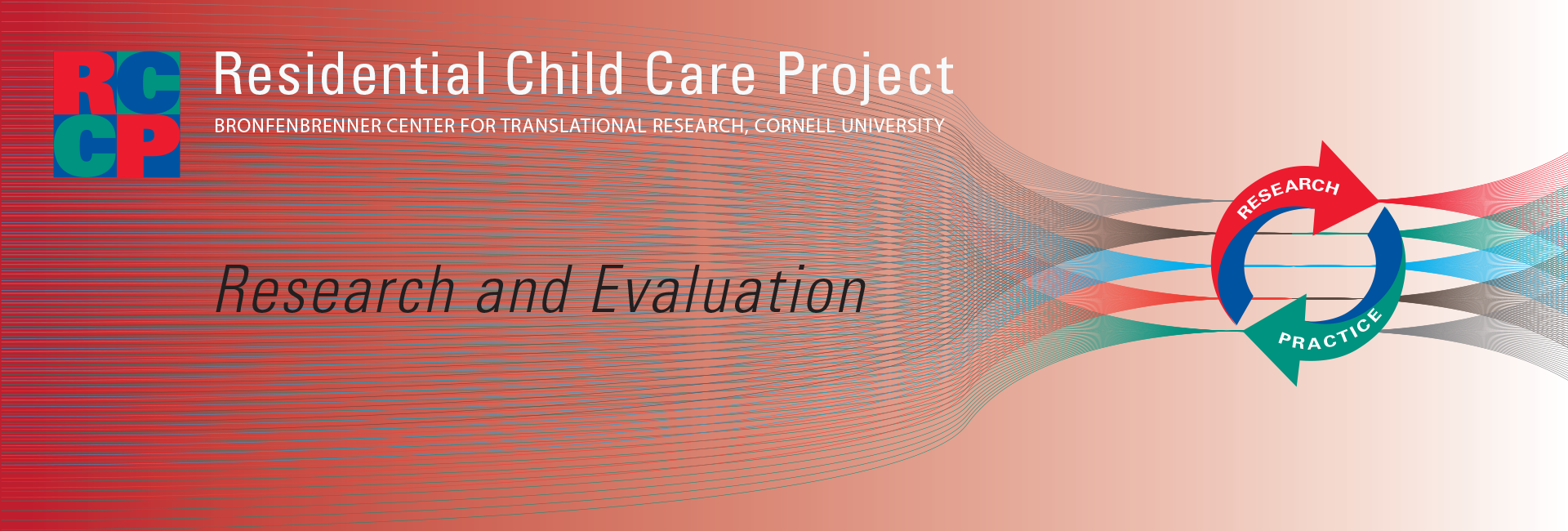
What is the RCCP's approach to research?
The RCCP seeks to maintain a leadership role in discovering new knowledge, establishing new approaches to knowledge dissemination, and developing and evaluating innovative programs to improve the quality of out-of-home care and education.
The RCCP relies on close collaborative relationships with leaders and practitioners in the organizations that implement RCCP programs. Strong links between research, outreach activities, and evaluation efforts enable child caring organizations to serve children and families more effectively.
What evidence supports CARE?
The Children and Residential Experiences: Creating Conditions for Change (CARE) program is listed as a model with Promising Research Evidence (Level 3) and High Child Welfare relevance by the California Evidence-Based Clearinghouse for Child Welfare.
Evaluation of the CARE program model demonstrated that implementation of CARE decreases the use of physical restraints and psychotropic medications, reduces serious behavioral incidents, and improves child relationships with staff. To facilitate these child and organizational outcomes, implementation of CARE increases staff knowledge about CARE as well as CARE-consistent beliefs and practices.
What evidence supports TCI?
Peer-reviewed studies and evaluations by agencies implementing TCI support the effectiveness of the Therapeutic Crisis Intervention system (TCI). Additional support is provided by survey assessments of staff reactions to the TCI system.
What additional research does the RCCP conduct?
RCCP staff contribute new knowledge for child serving systems, including, but not limited to out-of-home care and education.
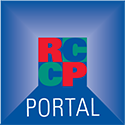
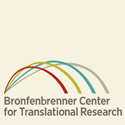
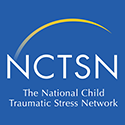



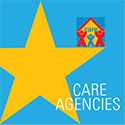
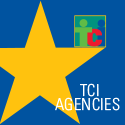





RCCP Authored Articles
Click on the title to access the article.